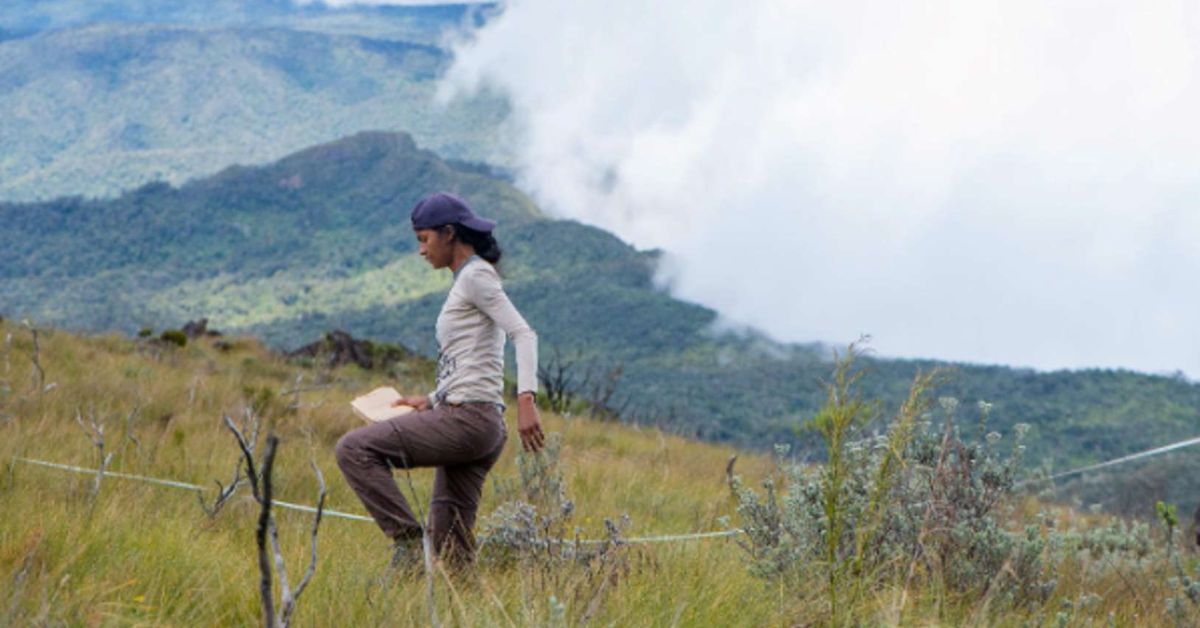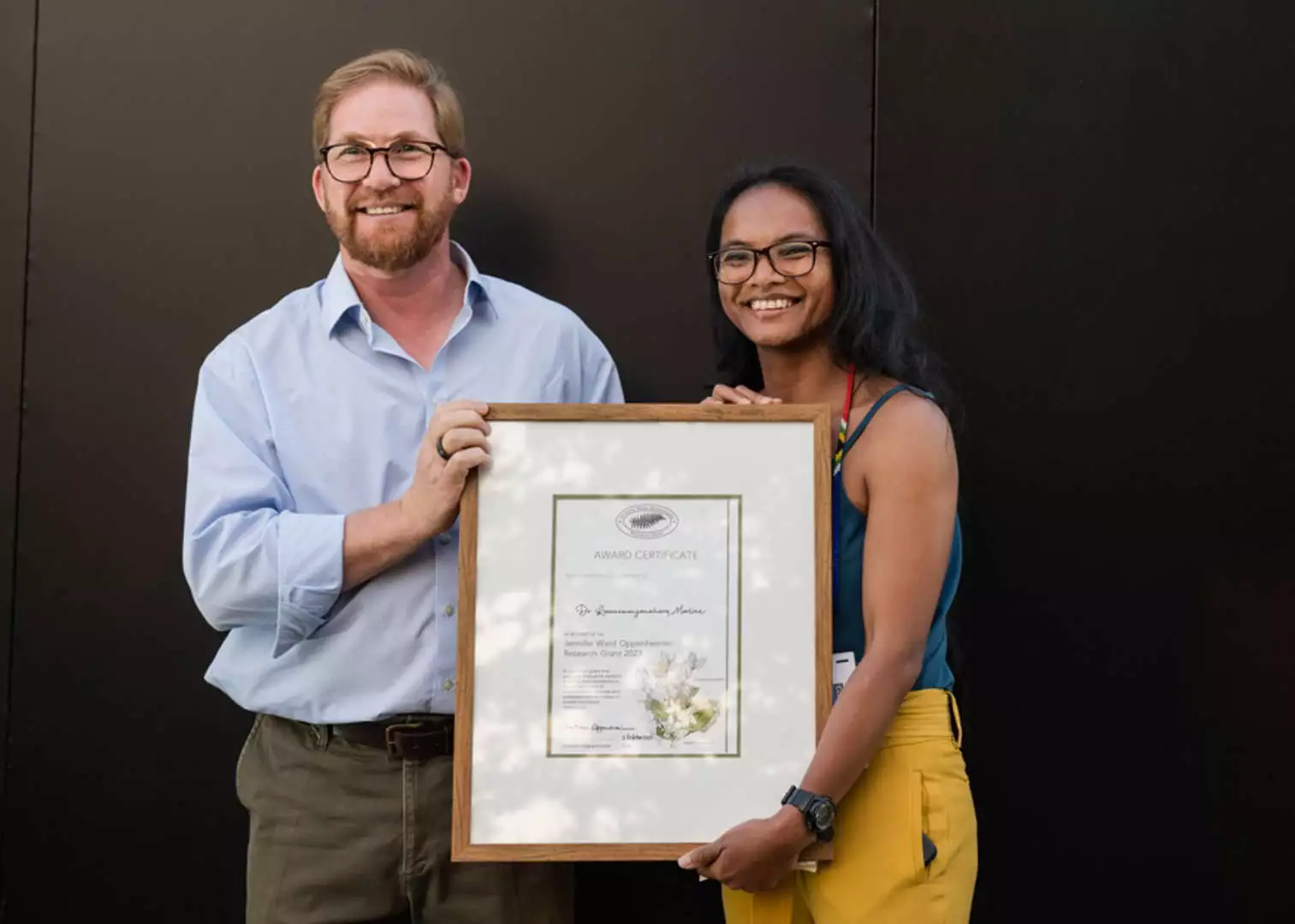Madagascar’s esteemed bryologist, Dr. Lovanomenjanahary Marline, has achieved a significant milestone by securing the prestigious Jennifer Ward Oppenheimer Research Grant. This grant, valued at $150,000, is dedicated to supporting early-career scientists in addressing critical challenges faced by the African continent.

Administered by Oppenheimer Generations Research and Conservation and Oppenheimer Generations Philanthropies, this substantial award will empower Dr. Marline in her pioneering research on bryophytes and lichen, often-overlooked small flowerless plants with remarkable sensitivity to environmental changes.
ALSO READ: Unveiling the Universe: Flamingo Project Redefines Cosmology with Largest Supercomputer Simulations
Based at the Royal Botanic Gardens in Kew, London, and affiliated with Association Vahatra in Antananarivo, Dr. Marline’s research is aimed at shedding light on the role of bryophytes and lichen in monitoring three pressing threats to humanity and the environment: air pollution, climate change, and the biodiversity crisis.
The Jennifer Ward Oppenheimer Research Grant opens doors for Dr. Marline to intensify her research endeavors and foster collaboration with fellow scientists and students from various African nations. Her project encompasses three primary objectives: the creation of a comprehensive database of these unique plants in African biodiversity hotspots, forecasting the impact of air pollution and climate change on biodiversity, and mapping toxic particles and metal-containing air pollutants that affect human health.

In a recent statement, Jonathan Oppenheimer, the executive chairman of Oppenheimer Generations, emphasized the central role of conservation in their mission, stressing that the preservation of ecosystems is paramount to the survival of our planet. “Climate change is not an isolated issue but a symptom of the larger ecological collapse,” he emphasized.
Dr. Marline’s innovative approach to air pollution monitoring involves the distribution of “moss balls” in three nations. Comprising bryophytes, these moss balls serve as sensitive indicators of environmental stress and airborne pollutants. Additionally, the project employs cost-effective air pollution monitoring systems called PurpleAir sensors to gather real-time data.
Dr. Marline’s study is instrumental in establishing baseline data for bryophytes in urban, rural, and mountainous regions across three Afro-Malagasy countries. This data will serve as a critical reference point for future investigations into the impact of climate change on plant species’ migration patterns.
Dr. Marline’s journey from a small town in Madagascar to her current role as a post-doctoral researcher reflects her unwavering dedication to bryophyte research. Her interdisciplinary approach encompasses not only scientific expertise but also a deep passion for dance, hiking, and cooking, making her a well-rounded and inspirational figure in the field of science.









